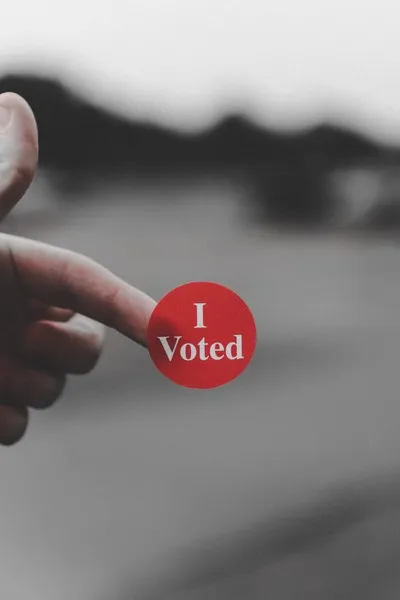Table of Contents
- Sociological Theories of Voting Behaviour
- Social Influences on Voting Behaviour
- Political and Institutional Factors
- Demographic Influences on Voting Behaviour
- The Role of Political Ideology
- Conclusion
Voting behaviour is a complex and multifaceted subject that has been extensively studied within the field of sociology. Understanding why individuals vote the way they do involves analyzing a myriad of factors, including social, economic, psychological, and political influences. This article delves into the various dimensions of voting behaviour, offering insights into the motivations and patterns that shape electoral participation and preferences.
Sociological Theories of Voting Behaviour
Rational Choice Theory
Rational choice theory posits that individuals make voting decisions based on a rational calculation of which option will best serve their personal interests. This theory suggests that voters evaluate the costs and benefits of voting for different candidates or policies and choose the option that maximizes their utility. While rational choice theory provides a clear framework for understanding voting behaviour, it has been critiqued for oversimplifying the decision-making process and underestimating the influence of social and emotional factors.
Social Identity Theory
Social identity theory emphasizes the role of group identity in shaping voting behaviour. According to this perspective, individuals derive a sense of identity and belonging from their membership in social groups, such as political parties, ethnic groups, or social classes. These group identities influence voting behaviour by fostering loyalty to certain political ideologies or candidates. Voters are likely to support candidates and policies that align with the interests and values of their social groups, even if these choices do not directly benefit them personally.
Psychological Theories
Psychological theories of voting behaviour focus on the cognitive and emotional processes that influence decision-making. These theories examine how factors such as personality traits, emotions, and cognitive biases affect voting choices. For example, some voters may be influenced by charismatic candidates who evoke strong emotional responses, while others may be swayed by negative campaign ads that exploit fear and anxiety. Understanding these psychological mechanisms is crucial for comprehending the nuances of voting behaviour.
Social Influences on Voting Behaviour
Family and Socialization
Family plays a significant role in shaping political attitudes and voting behaviour. From a young age, individuals are exposed to the political beliefs and values of their parents and other family members. This early socialization often sets the foundation for future political preferences and party affiliation. Research has shown that children are more likely to adopt the political leanings of their parents, although this influence can be moderated by other factors such as education and peer groups.
Education and Socioeconomic Status
Education and socioeconomic status are critical determinants of voting behaviour. Higher levels of education are generally associated with greater political knowledge and engagement, leading to higher voter turnout. Educated individuals are more likely to seek out information about candidates and issues, enabling them to make informed voting decisions. Similarly, socioeconomic status influences voting behaviour by shaping individuals’ experiences and priorities. Wealthier individuals may prioritize economic policies that protect their financial interests, while lower-income voters may focus on social welfare and labor rights.
Peer Groups and Social Networks
Peer groups and social networks also play a vital role in influencing voting behaviour. Individuals are often influenced by the political opinions and behaviours of their friends, colleagues, and community members. Social networks can facilitate the spread of political information and mobilize voters through social pressure and encouragement. The rise of social media has further amplified the impact of peer influence on voting behaviour, allowing political messages to reach a wider audience and fostering online communities of like-minded individuals.
Political and Institutional Factors
Electoral Systems
Get the full article AD FREE. Join now for full access to all premium articles.
View Plans & Subscribe Already a member? Log in.





